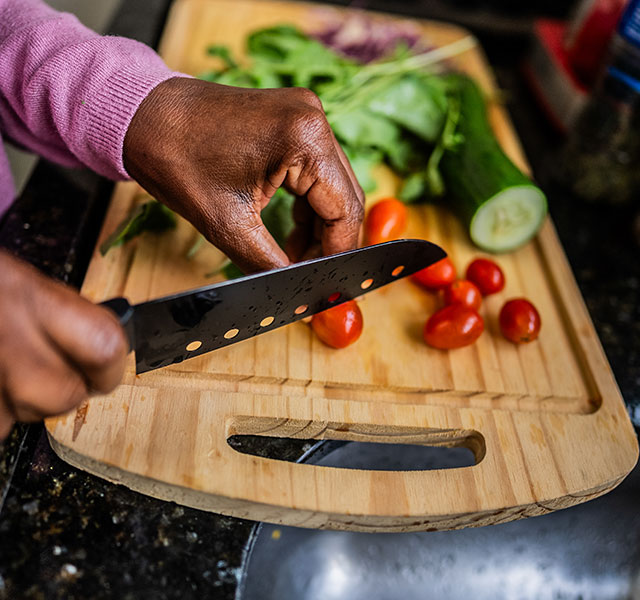
The DASH Diet: Managing Your Hypertension Through Food
The DASH diet was designed specifically to help people at risk for heart disease to lower blood pressure. It's also just a really healthy way to eat. We explain all the details.
Henry Ford is among the most experienced and successful programs implanting left ventricular assist devices (LVADs).
For people with advanced heart failure who are being treated with medications, the survival rate can be less than 50-75% at one year, which is a worse prognosis than many cancers. However, there are options for improved survival and quality of life for many people with advanced heart failure. This includes left ventricular assist device (LVAD) therapy, which offers many people an opportunity to live and breathe again.
Instead, the LVAD works with the lower chamber of your heart to help pump blood to the rest of your body. Some people are on an LVAD temporarily, while others live permanently on the pump. In the U.S., an LVAD is currently approved by Medicare and most insurers for two indications:
Left ventricular assist devices (LVADs) have offered hope and an improved quality of life to many people with advanced heart failure. If you have been advised to consider LVAD support, you and your loved ones will likely have many questions about how the device works, screening to determine if you’re eligible for an LVAD, the surgical process and important life changes you’ll need to make.
As you read through the information in these pages, please write down questions that we can address when we meet in clinic or in the hospital. We will sit down with you and your family and review this in detail prior to surgery.
You can also read our patient stories to see how others have lived on LVAD support. If you would like to meet an LVAD patient, we can often arrange this as well. We look forward to speaking with you and your family about LVAD.

The DASH diet was designed specifically to help people at risk for heart disease to lower blood pressure. It's also just a really healthy way to eat. We explain all the details.

A Henry Ford cardiologist explains what silent heart attacks are, who is at greatest risk and offers tips for how to protect yourself from heart disease.
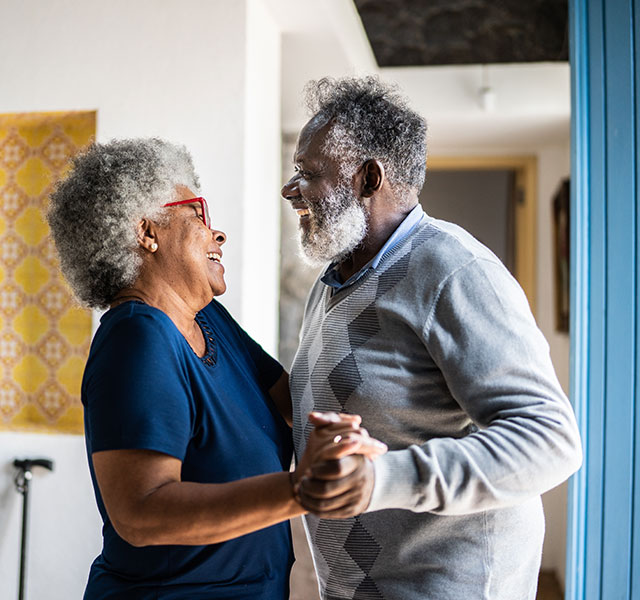
Making small adjustments to your everyday habits can have a major impact on your circulation and vascular health.

Avoiding certain foods and beverages can help reduce your risk of AFib. Learn how your lifestyle can impact AFib symptoms.
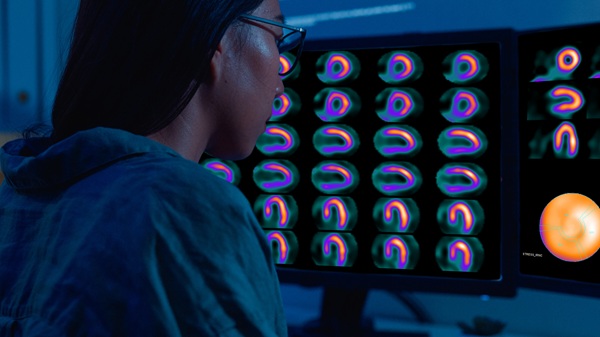
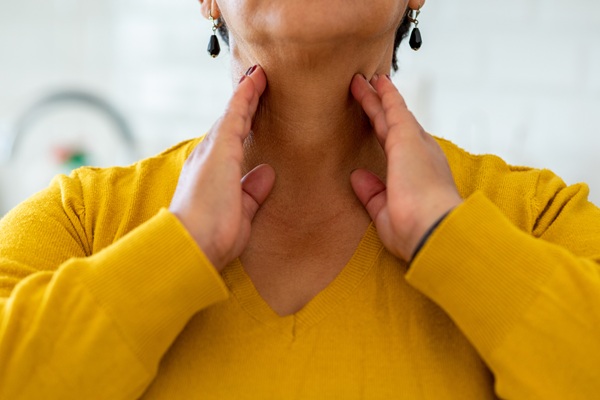
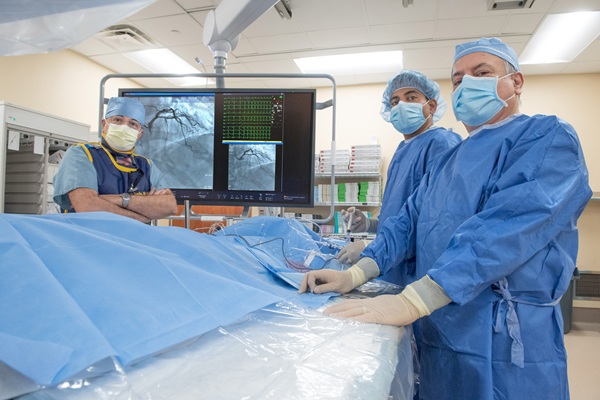
Henry Ford Health is outpacing a national trend toward radial access on percutaneous coronary interventions. More than 75% of the health system’s PCIs are performed threading a catheter through the wrist instead of the groin, compared to a national average of 57.5% in 2022, according to research.
Join us as Dr. Jade Balasz presents on how to achieve a healthy weight with lifestyle measures including nutrition and exercise. She will also...
This discussion with Dr. Sindu Koshy will help you learn the signs of heart disease and ways to prevent it. One in three American die of heart...
We use cookies to improve your website experience. By using this site, you agree to our Terms of Use. Read our Internet Privacy Statement to learn what information we collect and how we use it.